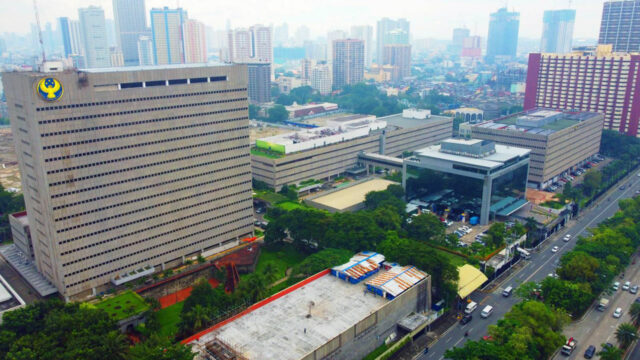SC absolves PhilHealth officials from returning salaries for unlawful position
THE Supreme Court (SC) has upheld a Commission on Audit (COA) decision disallowing a position created and funded by the Philippine Health Insurance Corporation (PHIC) board, but absolved the concerned officials of liability in returning salaries paid for that new position amounting to over P1.4 million.
In the 19-page SC en banc decision penned by Associate Justice Antonio T. Kho, Jr., the PHIC petitioners were found to have “failed to comply with the requirements of creating a new position” when lawyer Valentin C. Guanio was appointed as “corporate secretary” in 2009.
It upheld COA’s ruling that the PHIC had erred in assuming that it had the autonomy and authority to create the position by virtue of the approval by its board of directors and the PhilHealth president.
“Moreover, the Court has previously held that the PHIC’s fiscal autonomy under RA 7875 is limited in nature,” the SC ruled.
“PHIC cannot find solace in the alleged approval or confirmation by then President Gloria Macapagal-Arroyo of the approval of the creation of the position of corporate secretary and the salaries and allowance for the said position,” it added.
While the SC found that COA “did not commit grave abuse of discretion in disallowing the grant of salaries, allowances, and benefits to Mr. Guanio,” it ruled that he did not have to return the amounts he received for assuming and performing the job of corporate secretary from Sept. 1, 2009 to Dec. 31, 2010 amounting to P1,445,793.69.
Also absolved from returning the amount were PhilHealth officials Lynie S. Arcenas, Willie M. Bumacod, Lilia R. Garrido, and Bibiana T. Cruz whose roles that led to the approval and certification of the amounts as payment for Mr. Guanio’s services were found by the SC to have been done in “good faith.”
To compel the return of the amount, the SC said that under the Madera Rules on Return there must be the process of “first proving bad faith, malice, or gross negligence before holding a public officer civilly liable.”
“The COA Proper has already absolved Atty. Guanio from returning the disallowed amounts that he received as a passive recipient on the basis of good faith,” it pointed out.
“Considering that PHIC no longer raised the matter of Atty. Guanio’s liability in its Petition, the COA Proper’s ruling on this matter is now considered final and immutable,” it added.
Meanwhile, the High Court stated that while the other approving and certifying officers of the PHIC are excused from returning the disallowed amount, this is without prejudice “to the finding of any administrative and/or criminal liability that any of them may have incurred under existing laws and jurisprudence.”
The SC noted that gross negligence for not complying with the requirements under the Salary Standardization Law is a ground for compelling members of the board of directors, along with other officers, to return the disallowed amount. – Chloe Mari A. Hufana


















